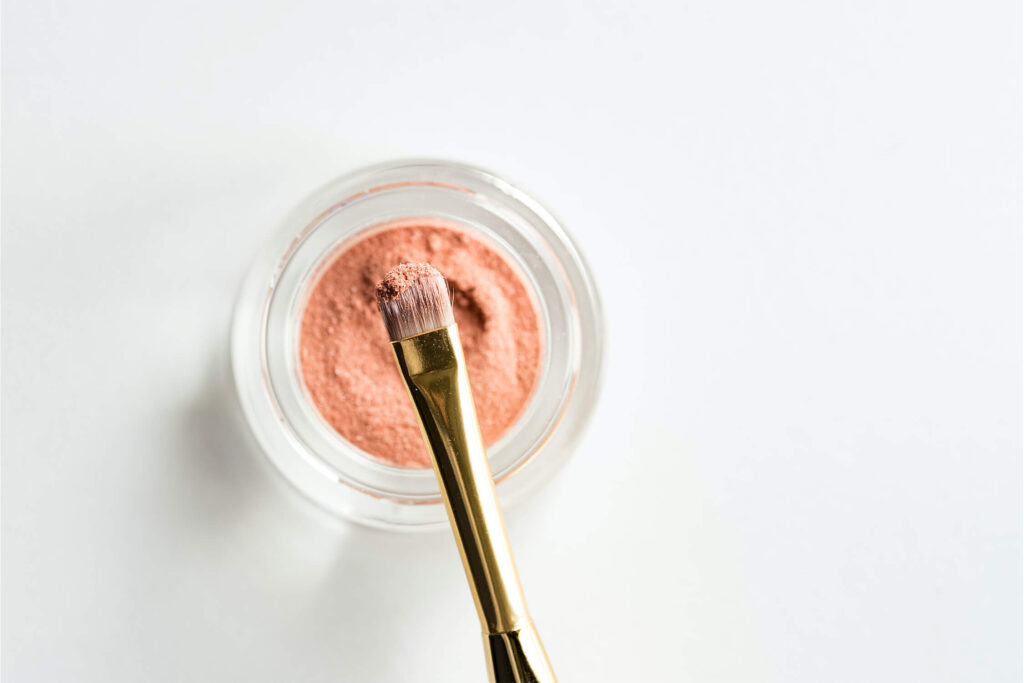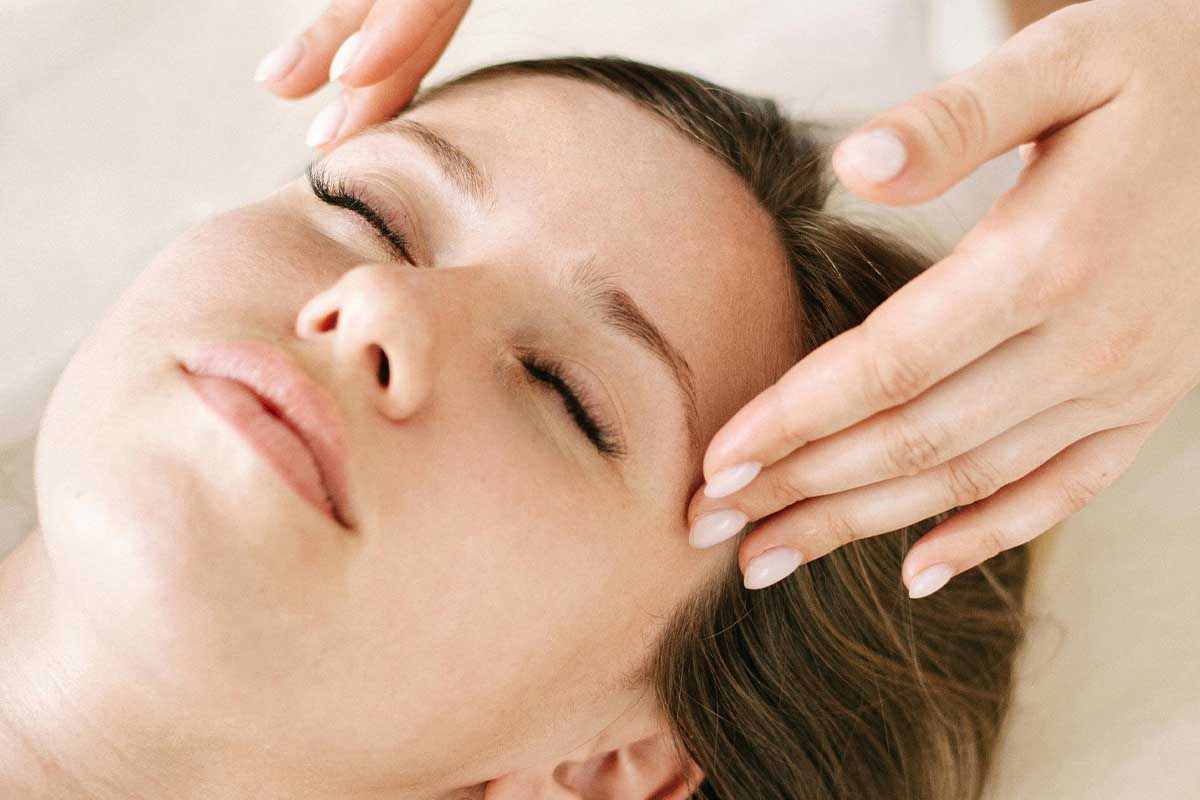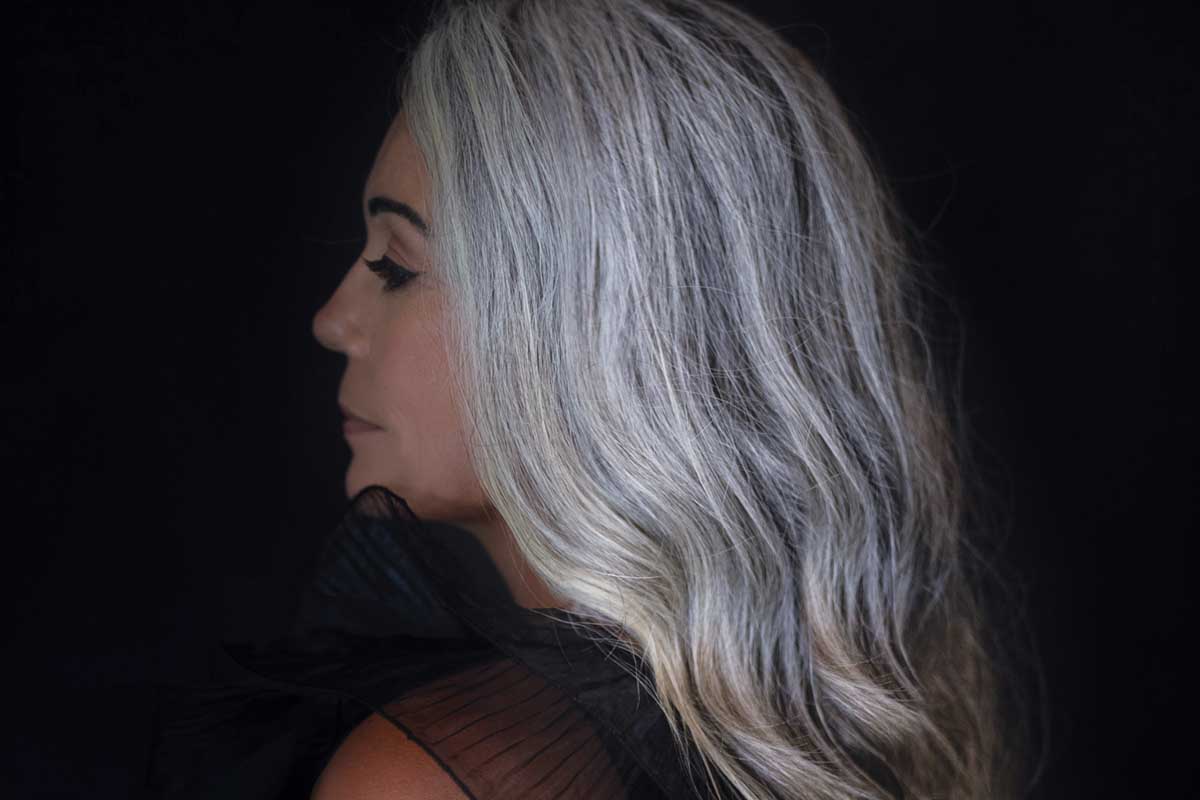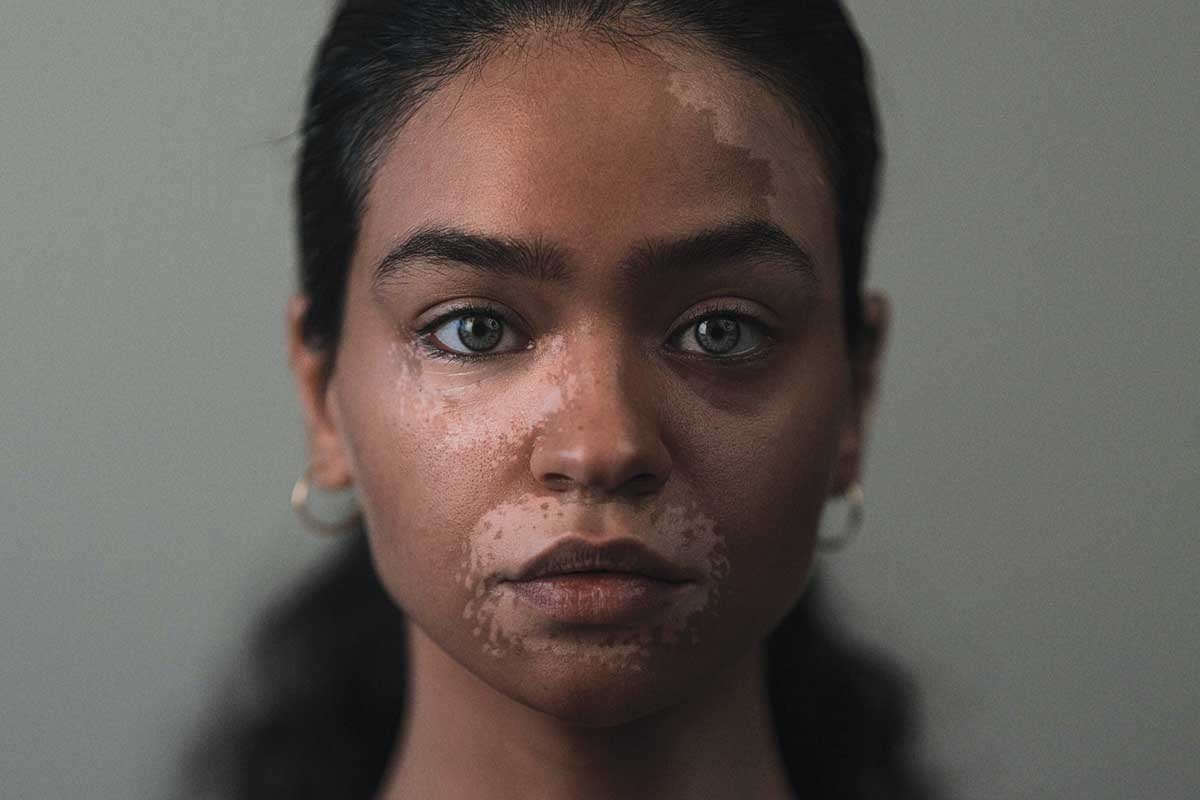Advertisement
Timeless Beauty
Here's exactly what happens to your hair, skin, and nails as you get older. The good news? Natural strategies can gently pump the brakes.

The privilege of growing older comes with some compromises, including having an exterior that may not match what we’d like to see in the mirror. Instead of throwing in the non-abrasive, organic cotton towel, there are simple strategies you can use to support your timeless beauty.
Advertisement
The biography of beauty
Skin, hair, and nails must deal with aging from two fronts. External stressors include sunlight, diet, chemicals, cigarette smoke, and other forms of pollution. Even exposure to blue light from our beloved screens contributes to skin aging, just like UVA rays do.
Then, of course, there’s the internal aging process.
Advertisement
Your skin’s story
Young skin is firm and taut, thanks in part to an ample amount of collagen—your body’s most abundant structural protein. Unfortunately, collagen production decreases 1 percent per year after age 20. This eventually leads to reduced skin thickness, elasticity, and moisture, along with increased sagging and wrinkling. At menopause, the situation escalates for women. In the first five years postmenopause, as estrogen levels fall, collagen production drops by up to 30 percent.
Decreasing estrogen also impacts your body’s production of hyaluronic acid, which has a unique capacity for retaining water. As with collagen, hyaluronic acid starts to decrease at age 20 and has diminished by half by the time we reach age 50. Depletion of hyaluronic acid is linked with reduced skin moisture and the appearance of fine lines and wrinkles.
Advertisement
Your nails’ evolution
Nails are composed of layers of a protein called keratin that grow from the base of your nail under the cuticle. Healthy nails are smooth and uniform in colour. The nail bed (the part under your nail) should be pink. The rate of nail growth decreases almost 40 percent between the ages of 25 and 95. As we age, vertical lines can appear on our nails.
Over the years, fingernails take a lot of abuse, including submersion in chemicals, bangs, and use as a tool for picking and scraping. Nail polish remover containing acetone is particularly drying for nails.
Advertisement
Your hair’s history
Like nails, hair is made of keratin, but it grows from hair follicles. Over time, the lustrous hair of youth might give way to thin, dull, greying, and brittle hair. These changes are partially genetic—structural changes in hair fibres, decreased melanin production, and a shorter growth phase in the hair cycle all play a part. Hair treatments, including harsh chemicals, blow-drying, and styling instruments, can also weaken hair.
Now that we know what we’re up against, how do we stall the hands of time?
Advertisement
Eating for beauty
To strengthen your hair and nails, ensure your diet contains the amino acid cysteine, which makes keratin more rigid. Meat and fish provide the greatest amount of cysteine, but vegetarians and vegans can look to quinoa, soybeans, nuts, and split peas.
For youthful skin, eat foods such as citrus fruits, leafy greens, spirulina, berries, and nuts; they help replenish and promote collagen production in your body.
Only animal foods, however, provide complete collagen proteins, which are made of specific amino acids.
In a catch-22, many of the best dietary sources of amino acids are also significant sources of harmful compounds called advanced glycation end products—aptly known as AGEs. As AGEs accumulate, they inhibit the formation and function of collagen and elastin, which leads to skin stiffness and wrinkles. (AGEs also trigger inflammation and have been associated with various health concerns, including osteoporosis and cardiovascular disease.)
AGE formation is associated with high blood glucose, so beware of simple sugars in your diet. The foods highest in AGEs are animal foods that have been prepared with high temperatures and dry heat (think barbecuing, sautéing, and frying). For smoother skin, use lower temperatures and wet cooking strategies when you prepare meats, including poaching, steaming, and boiling.
Marinating meats for one hour in lemon or vinegar may also reduce AGE formation by up to 50 percent. Opt for a higher intake of whole grains, legumes, vegetables, fruits, and fish, which not only have fewer AGEs, but also provide antioxidants that may thwart AGE production.
And speaking of fish, research shows that the essential fatty acids EPA and DHA found in fatty fish are critical components of cell membranes. These fats may also play a role in protecting skin cells from the damaging effects of UV rays.
Advertisement
Supplemental support for skin, hair, and nails
Silicon is an essential nutrient for collagen production, but it can be difficult to absorb this nutrient from food. Consider a choline-stabilized orthosilicic acid supplement. This bioavailable form of silicon may make skin smoother and improve hair and nail brittleness.
Vitamin C is a cofactor in collagen production. Be sure you get enough of this vitamin, either from food or supplements.
Collagen supplements are worth considering. Hydrolyzed collagen has been broken down into smaller parts, called “peptides,” to allow for improved digestion and absorption. Regular consumption of those peptides increases the amino acid concentration in blood and inhibits enzymes that break down collagen. Importantly, hydrolyzed collagen supplementation has also been associated with increased production of hyaluronic acid, which improves skin’s moisture content.
Bottom line? All these nutrients may improve the appearance of your skin, hair, and nails.
If you eat a plant-based diet
You can find “collagen booster” supplements. These supplements don’t contain collagen; instead, they contain vegan-friendly ingredients that play a role in collagen production and retention, such as vitamin C, silicon, and astaxanthin.
Advertisement
Topical essentials
Protecting skin involves shielding it from the harmful impact of sunlight along with preserving and replenishing its moisture content.
Advertisement
Sunscreen
Find a mineral sunscreen you can wear year-round on your face to apply under makeup. If you use moisturizers or foundation with sun protection, remember that you probably don’t apply enough to achieve the SPF on the label and that sunscreen must be reapplied to be effective. Wear a hat while outside!
Advertisement
Serum
Facial serums are generally applied before your moisturizer and contain ingredients such as grapeseed oil, gotu kola, and vitamins C and E to nourish skin.
Advertisement
Moisturizer
Look for ingredients like honey, hyaluronic acid, and aloe in your moisturizer; they are humectants, meaning they pull moisture into your top layer of skin.
Advertisement
Face oils
These are particularly useful for dry skin. Look for nutrient-rich pure cacay oil, which is hydrophilic, meaning it has a strong affinity for water. Other nourishing oils include argan oil, which is high in healing vitamin E, or jojoba oil, which is similar to skin’s natural oil. Drier skin might benefit from emollient ingredients that trap moisture: Consider shea butter, cocoa butter, and coconut oil for the dry spots.
Buyer beware
Be cautious of buying unknown brands from online retailers. Visit your local health food store and read labels. Make sure the active ingredient you want has not been diluted with cheaper carrier oils.
The hottest beauty trends right now
Probiotics for beauty
Supplemental probiotics have been shown to prevent and treat skin problems, including eczema, acne, hypersensitivity, and wounds. Keep on the lookout for beauty products that harness the potential of a healthy microbiome.
Playful palettes
Look for bright and bold mineral make-up colours and nontoxic nail hues that turn up the fun factor.
Trichologists take over
Skin and nails have hogged the limelight long enough. Watch for experts in hair and scalp care to revolutionize mane management.
This article was originally published in the August 2020 issue of alive Canada.





